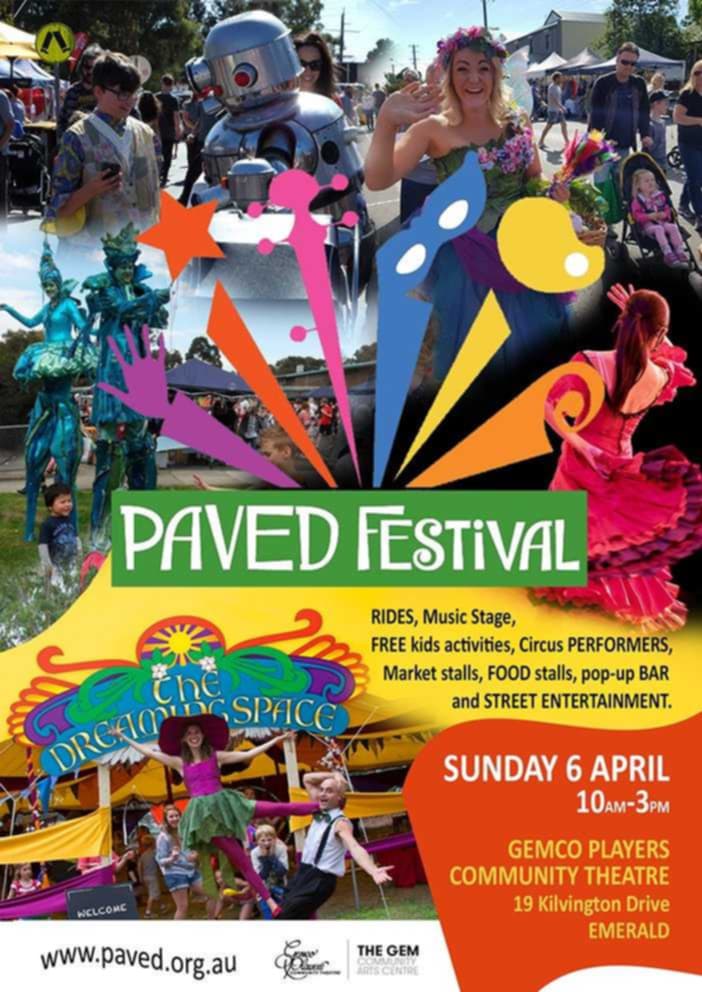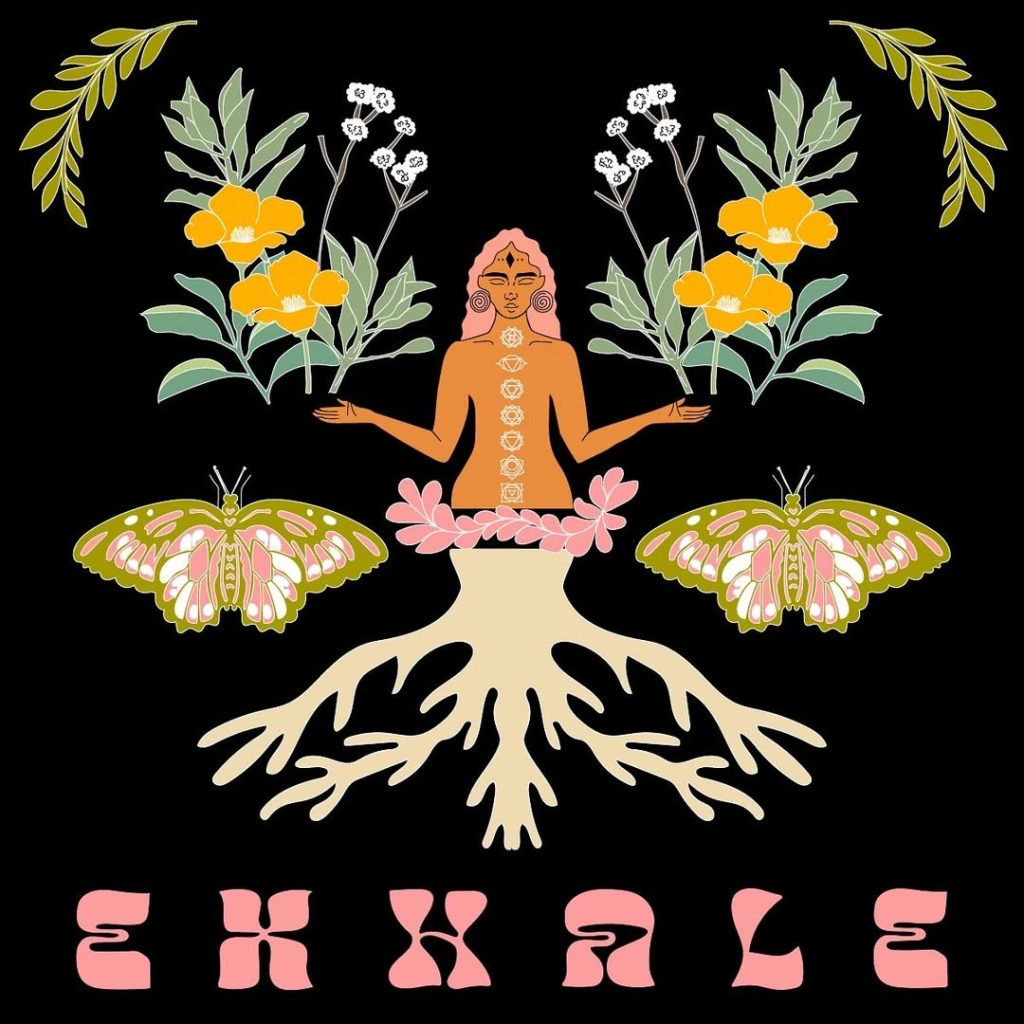Insecure work and poor pay forces musicians to hang up their instruments: new survey
Written by 3MDR on December 2, 2024
From Musicians Australia:
Half of Australia’s working musicians earned less than $6000 last year – a mere 15% of the national minimum wage – forcing the majority to look for work outside of the music industry to make ends meet.
A new survey released by Musicians Australia – an initiative of the Media, Entertainment & Arts Alliance – has highlighted an industry in crisis and escalated calls for a national minimum fee and improved working conditions for musicians.
“This confirms that musicians are the face of Australia’s insecure work crisis,” said MEAA Campaigns Director, Paul Davies.
“They are expected to get by on extraordinarily low incomes, inconsistent and often unpaid work and they very rarely receive superannuation, which is a right for all workers.
“The majority of musicians work multiple jobs and make sacrifices to pursue their music careers, having to fund their projects and artistic development, and that’s on top of supporting themselves and their families.
“Our members are telling us that conditions have worsened since the pandemic as converging issues ranging from venues closing or imposing rigid, one-sided fee arrangements, drying up, poor working conditions, and general cost of living concerns, which is threatening their viability in the industry.”
Among the findings of the survey of more than 550 musicians:
• 49% of musicians earned less than $5999 from the music industry during the 2023 financial year, while 64% earned $14,999 or less.
• Only one-in-five musicians derived all their income from their music career, with two-thirds forced to take up work outside the industry.
• More than half of musicians cite the lack of pay as the biggest barrier to working in music full-time.
• 40% of musicians earn income from two to three music jobs.
• 42% of musicians report playing unpaid gigs.
• 82% of musicians do not receive superannuation for gigs.
• 60% report being paid less than $250 per gig, despite 39% of musicians spending up to 20 hours per week rehearsing, practicing, or preparing for a gig.
The survey also revealed that work insecurity and poor working conditions were taking a significant toll on musicians’ health and wellbeing: one in five reported being injured at work, while 62% have been bullied, harassed, or discriminated.
The vast majority – 86% – said they felt musicians were treated unfairly by the industry.
Despite being an accomplished and award-winning folk musician, Kimberley Wheeler has typically ensured she had backup work outside the industry. However, she is now more reliant than ever on other streams of income.
“Once I would have derived half my earnings from music but rising living costs and a drop in performance fees has forced me to pivot to other work outside of music,” Ms Wheeler, recently elected as Federal President of MEAA Musicians, said.
“It’s a trade-off I wish I didn’t have to make but it’s now harder than ever to make a decent living as a working musician.
“It is not properly acknowledged that what we do is an occupation. Musicians are typically treated as having a lesser right to earn income than other earners in the music industry. We operate as businesses. We need to earn a living wage, not pocket money.
“Most organisations are unwilling to negotiate terms or operation models. I don’t think it has to be this way.
“There’s more we can do within the industry to set up win-win scenarios where the venue operator and the musicians can benefit. It’s a matter of public interest that we have a viable live music industry in Australia.”
Since Musicians Australia launched its minimum fee campaign two years ago, six state and territory governments – South Australia, Western Australia, Queensland, Victoria, NSW, and ACT – have endorsed a minimum fee of $250 per musician per public-funded gig. MEAA is calling on the Tasmanian government to endorse the minimum fee following the recent state election.
Mr Davies said that with the minimum fee now established for taxpayer-subsidised gigs, negotiations would now ramp up between the union and commercial operators to roll it out across the industry, with the aim of having it adopted as part of broader industry solutions.
He also welcomed the announcement by Arts Minister Tony Burke of a parliamentary inquiry into the challenges and opportunities within Australia’s live music industry.
“The announcement of an inquiry, which comes in the wake of venues closing and cancellations of some of Australia’s most established and successful music festivals, is timely,” Mr Davies said.
“A sustainable music industry must support musicians as well as good music businesses.
“The minimum fee campaign has achieved its initial goal of winning recognition via government endorsement, which sends a powerful message to the industry.
“Our success so far wouldn’t have been possible without the work of our membership, which continues to grow each year as more and more musicians stand together and fight for the job security and fair pay and conditions they deserve.”
To find out more go to the Musicians Australia Minimum Fee campaign.






